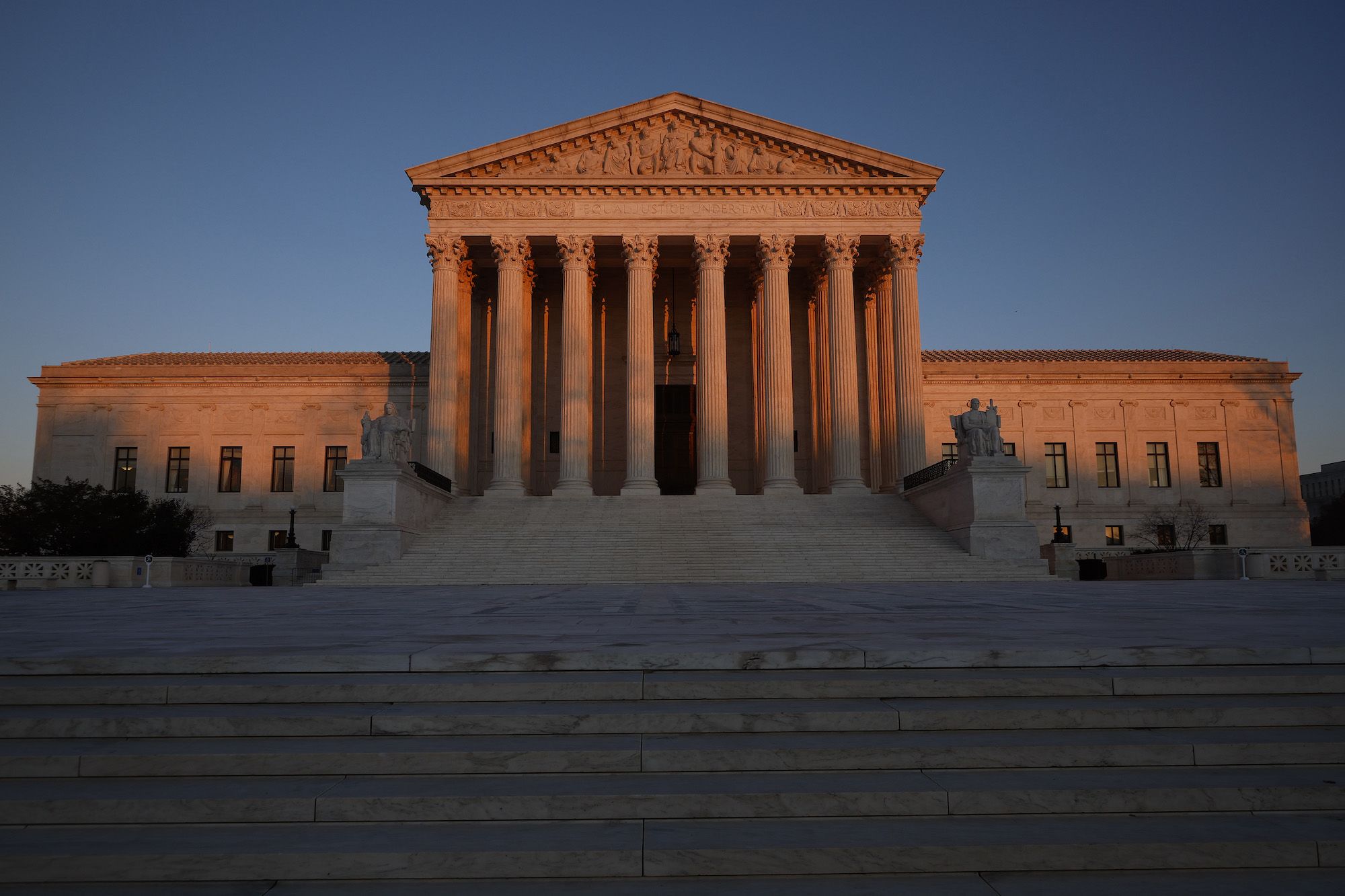Texas death row inmate’s DNA testing case goes to US Supreme Court
A Texas man who is accused of killing an elderly mobile home park owner in 1998 and is requesting that DNA evidence from the crime scene be tested has filed an appeal with the U.S. Supreme Court, which was agreed to hear on Friday.
Ruben Gutierrez, a death row inmate, appealed a lower court’s decision to dismiss his challenge to a Texas law that restricts the use of DNA testing following a conviction. When its new nine-month term starts on Monday, the Supreme Court is scheduled to hear the case. After protesting the state’s denial of a priest’s presence, Gutierrez’s execution date was pushed out to 2020, and he eventually obtained a stay of execution from the Supreme Court.
He was found guilty of participating in a robbery with two accomplices, in which Escolastica Harrison, an 85-year-old victim, was fatally stabbed with a screwdriver. Gutierrez has contended that DNA evidence would help prove that he did not enter Harrison’s home and that he should not be executed because he did not stab Harrison or expect her to die in the heist.

Texas prosecutors have denied to perform DNA testing because they stated that Texas law enables post-conviction DNA testing solely in order to demonstrate innocence of a crime, not to challenge a death sentence. Additionally, they stated that Gutierrez would still be qualified for the death penalty even in the event that the results of the DNA test confirmed his assertions.
Gutierrez has filed multiple appeals against his sentencing. He has claimed in the present case that the Texas legislation restricting DNA testing infringed upon his constitutional right to due process, which states that governments must follow specific steps before denying someone their life, liberty, or property.
The Supreme Court’s decision to consider the case, according to Gutierrez’s attorney Shawn Nolan, “brings us one step closer to finally doing the DNA testing that will overturn Ruben’s wrongful conviction and death sentence.” A request for comment from the office of Texas Attorney General Ken Paxton was not immediately answered.
The 5th U.S. Circuit Court of Appeals, located in New Orleans, determined that Gutierrez lacked standing to file the complaint since state prosecutors had declared he would be eligible for the death penalty in any case. This implied that they would probably forbid DNA testing even in the event that Gutierrez prevailed. According to Gutierrez, the ruling of the 5th Circuit ran counter to decisions made by other federal courts and Supreme Court precedent.


Comments are closed, but trackbacks and pingbacks are open.